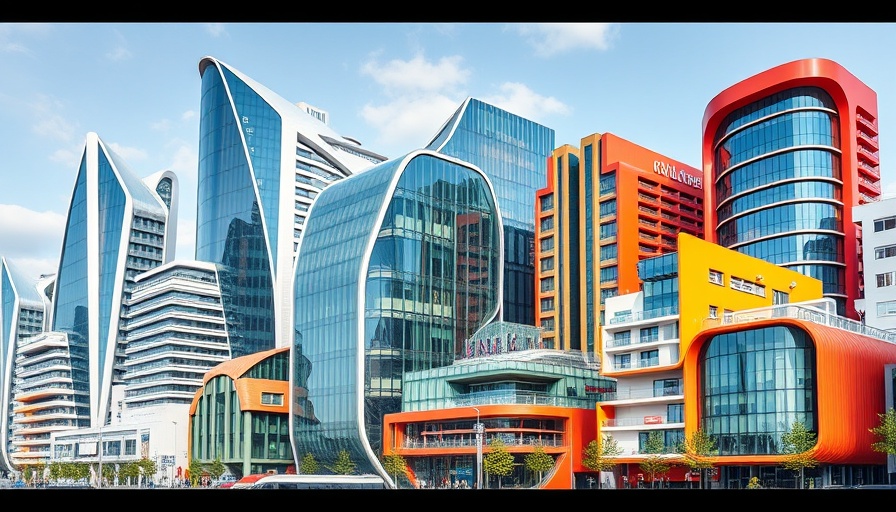
The Appeal of French Oak Floors for Commercial Spaces
When it comes to flooring options, the choice of materials can significantly impact the aesthetics and functionality of a space. French oak flooring, celebrated for its elegance and durability, has emerged as a favorite among business owners and property developers. Beyond its classic beauty, there are compelling reasons why investing in French oak—both natural and engineered varieties—can enhance the value and appeal of commercial properties.
Understanding Natural vs. Engineered Oak Flooring
French oak floors are often categorized into two main types: natural and engineered. Natural oak flooring is revered for its solid wood structure, which not only provides warmth and character but also allows for multiple sandings and refinishing opportunities throughout its lifespan. This longevity can make it a worthy investment for properties aiming for long-term aesthetic value.
On the other hand, engineered oak flooring offers incredible advantages in terms of stability and adaptability to changing environments. With a top layer of genuine oak over a strengthened core, engineered planks are less prone to warping under humidity or temperature fluctuations, making them ideal for basements or commercial spaces subjected to varying conditions.
The Aesthetic and Practical Benefits of French Oak Floors
French oak is renowned for its unique grain patterns and rich hues, which can add a luxury feel to any room. This not only enhances the ambiance of a space but also conveys a sense of quality and attention to detail. Furthermore, properties using natural oak have a traditional yet sophisticated charm, while engineered oak provides a modern and consistent appearance.
Practically, engineered flooring often comes pre-finished, which minimizes installation time and reduces on-site dust. This characteristic is particularly beneficial for busy commercial spaces where completing renovations swiftly is essential to maintaining operations.
Optimal Performance in Varied Environments
Choosing the right flooring type can significantly influence maintenance and repairs. Solid natural oak, while beautiful, can be more susceptible to moisture issues in certain environments. Engineered varieties, however, provide a flexible solution, performing well in high humidity areas without compromising integrity.
For instance, facilities that utilize underfloor heating systems can benefit greatly from engineered oak, as its construction prevents the warping issues associated with solid wood. Additionally, this type leaves room for effective renovation strategies that can extend the flooring's life and enhance overall aesthetics.
Investing Wisely in Flooring Choices
Cost is always a consideration for property developers and business owners. While engineered oak typically comes at a lower price point, natural oak offers unmatched longevity and potential return on investment. It's essential for decision-makers to balance initial costs with long-term gains. Choosing high-quality materials is a strategic investment in future property value.
Concluding Thoughts on Oak Flooring Choices
The decision between natural and engineered French oak flooring should reflect the specific needs of the space and aesthetic goals. With their unique benefits, both types hold the potential to transform a commercial area into a visually pleasing and functional environment. By understanding the dynamics between these options, property developers can make informed choices that not only elevate their projects but also resonate with clients seeking premium quality.
For those looking to enhance their commercial spaces or residential properties, exploring reputable suppliers of French oak flooring could yield significant benefits. Engage with experts to assess your unique needs, and consider how these flooring options can fit seamlessly into your long-term strategy.
 Add Row
Add Row  Add
Add 




Write A Comment